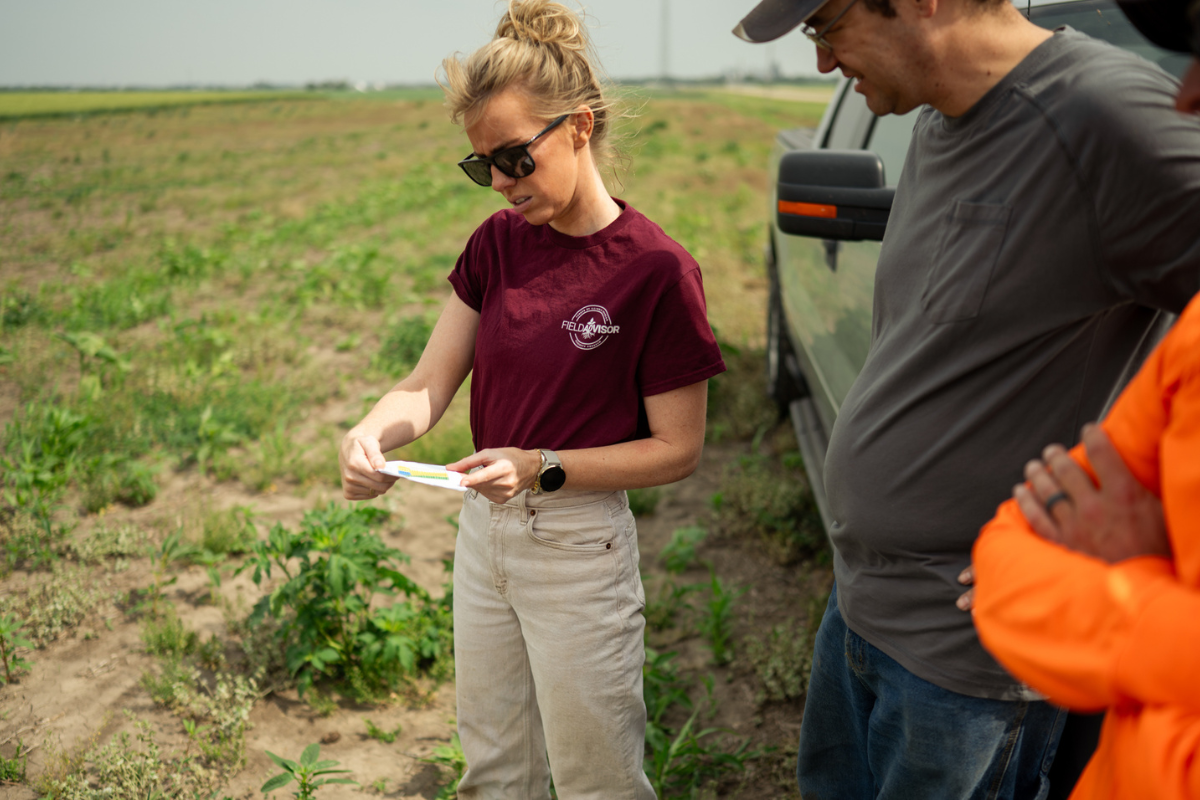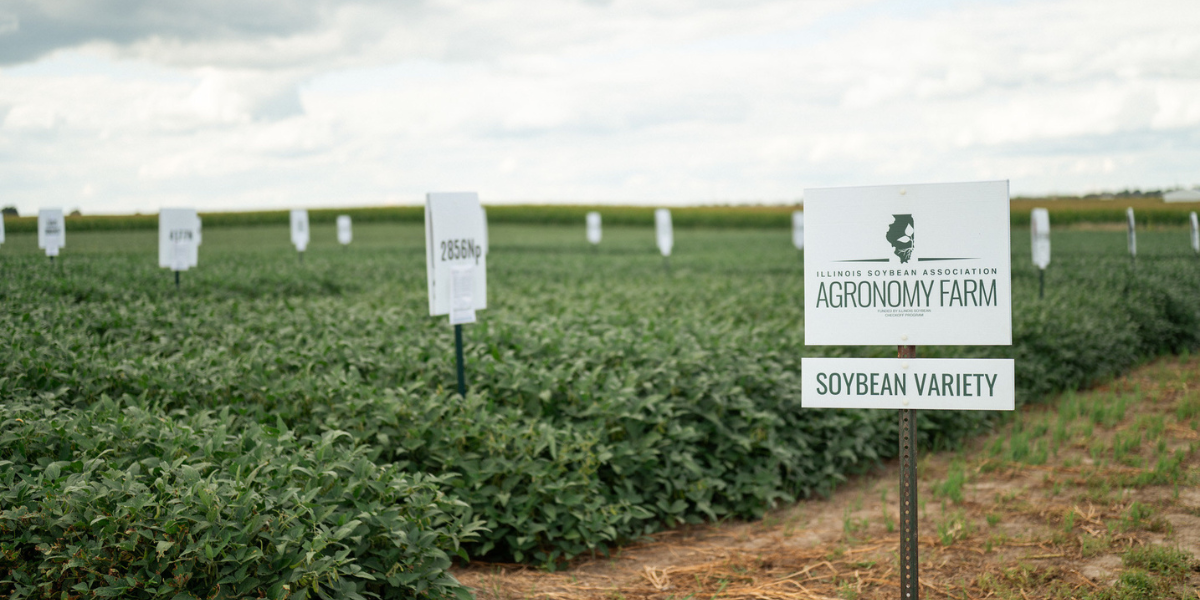At the Illinois Soybean Association (ISA), we believe that regulations written from behind a desk often miss the mark in the field and that regulations related to agriculture should be data-informed, farmer-driven and rooted in farm realities.
When it comes to shaping smarter governmental rules, ISA is your connection for education and engagement with policymakers in Springfield and Washington. We are the only Illinois ag organization exclusively dedicated to representing the interests of all soybean farmers. It’s important to us that you understand the realities of how new regulations affect your costs, benefits and daily work. We back it up with measurable data and scientific findings, showing how these ideas actually work—or don’t. I like to call it “field-proofing.”
In this issue of Illinois Field & Bean, we highlight new regulatory developments and show how ISA is making sure your voice and real-world data shape and inform the process. We help policymakers and regulators clearly see how their actions directly affect you and the soybeans you produce.
How New Fuel Rules Impact Your Farm
One significant regulatory shift on which we are engaging is federal clean energy policy. Under Section 40A, soybean-based fuels qualified for tax credits. Under a new provision, Section 45Z, those market-supporting credits could now depend on the total carbon footprint (carbon intensity) for producing renewable fuels. While intended to reduce emissions, this change might unintentionally favor imported fuel feedstocks from foreign countries over your locally grown soybeans. That’s just wrong. Illinois soybeans are both sustainably grown and crucial for our economy.
ISA is sharing the full story, educating through scientific analysis of carbon intensity scores about why the use of Illinois soy makes sense for the environment and the economy. We’re investing in field-level data collection and communicating this evidence to regulators. We aren’t just defending Illinois soy’s role, we are proving it’s value.
Rooted in Research, Grounded in Reality
Regulations must always be rooted in sound science. ISA’s longstanding support of the National Soybean Research Center and the USDA’s germplasm work at the University of Illinois keeps our state at the forefront of seed innovation. These investments aren’t just academic, they are driving improvements in seeds, disease resistance and safe input use. This practical science directly helps your farm succeed.
But even with strong science supporting modern farming methods, not all policy proposals align with the realities you face on your farm. A recent example is HB3804, a bill aiming to ban glyphosate use on public lands in Illinois. While it currently doesn’t touch your farmland directly, it might set the stage for broader restrictions. You know glyphosate helps you manage weeds, protect soil and save fuel. Viable alternatives aren’t always as effective or affordable.
That’s just one example of how ISA is actively working to educate policymakers about the real-world implications of regulations. We need informed decision-making that reflects agronomic realities, food demand and long-term sustainability goals.
We’re also actively engaged in discussions around pollinator protections and the U.S. EPA’s review of herbicides and insecticides. These issues are dynamic and complex. That’s why ISA breaks them down for farmers, providing timely updates and ensuring that agencies hear feedback grounded in field-level expertise.
Education in Action
ISA provides practical tools and resources that help you farm smarter—through clear policy updates, valuable research partnerships and content-rich webinars. We equip you with the right information, enabling you to help shape better, smarter regulations. We’ve seen repeatedly that your real-life farm experiences have powerful impact. Like you, ISA is all about facts and practical solutions. When we share your story to policymakers, our message is stronger, and the rules you farm under become smarter and designed to help you succeed.

Recent Articles
ISA's new Agronomy Farm is a nearly 98-acre site designed to turn checkoff-funded research into practical, field-ready insights for Illinois farmers.
By Abigail Peterson, CCA, ISA Director of Agronomy

